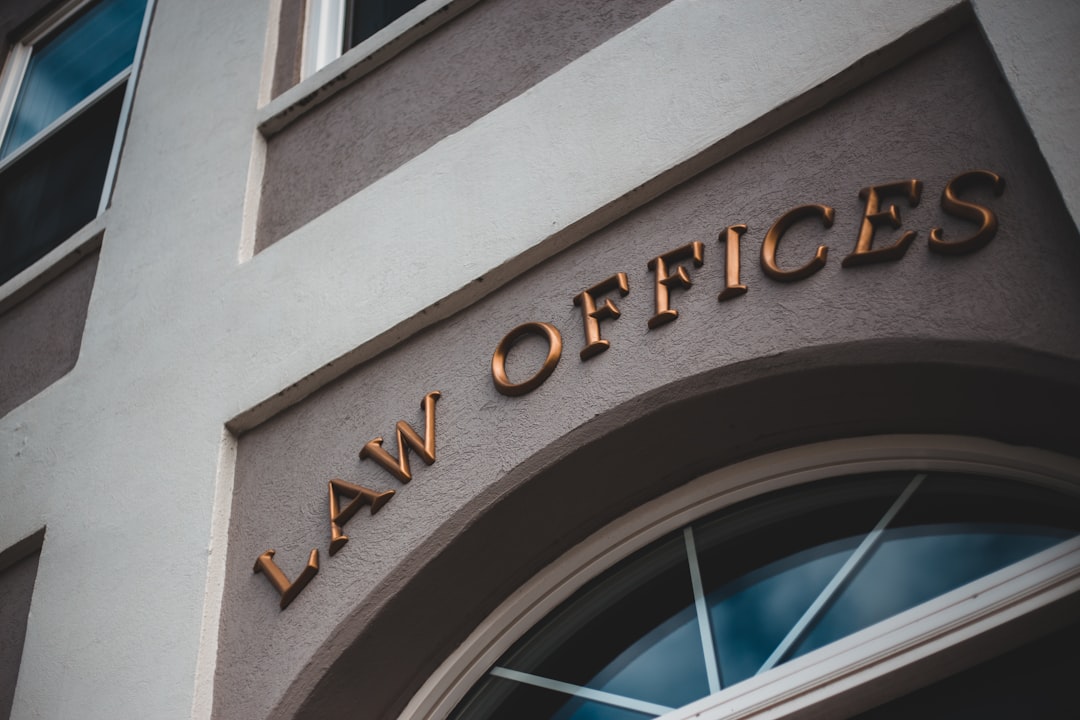Online learning in Maryland brings opportunities but also unique risks, notably sexual abuse and assault. To protect students, institutions must implement stringent policies, offer consent and boundaries training, and establish clear reporting mechanisms. Sexual assault lawyers Maryland play a crucial role by providing legal counsel, ensuring accountability, and supporting victims. A comprehensive approach includes risk assessments, robust policies, training, regular reviews, and collaboration with legal experts. By fostering open dialogue, implementing digital security measures, and having accessible sexual assault lawyers Maryland, educational institutions can create safe online learning environments and empower students to take proactive steps towards their safety.
In the digital age, online learning has become a cornerstone of education in Maryland. However, this shift presents unique challenges, particularly concerning sexual abuse prevention. This article explores how Maryland’s educational institutions can safeguard students in virtual spaces. We delve into identifying and mitigating risks, the crucial role of sexual assault lawyers Maryland, and comprehensive strategies to foster secure online education environments. Understanding these aspects is vital for creating a supportive and protected digital learning landscape.
Understanding Online Learning Environments in Maryland

Online learning environments have become increasingly prevalent, especially in Maryland’s educational landscape. With schools adopting digital platforms for distance education, it’s crucial to acknowledge and address potential risks, including sexual abuse and assault. These virtual spaces can connect students from diverse backgrounds, but they also introduce unique challenges in terms of safety and privacy. Many students may face increased vulnerability when learning online, particularly if proper measures aren’t in place to protect them.
Maryland’s educational institutions must prioritize student well-being in the digital realm, ensuring that all learners are safe from potential sexual harassment or assault. This involves implementing robust policies, providing comprehensive training for faculty and staff, and encouraging open communication about consent, boundaries, and reporting mechanisms. By fostering a culture of awareness and support, schools can effectively mitigate risks and create a more secure online learning environment. Sexual assault lawyers in Maryland highlight the importance of these proactive steps to protect students and ensure their right to education without fear.
Identifying and Addressing Potential Risks of Sexual Abuse

Identifying and mitigating potential risks of sexual abuse in online learning environments is a multifaceted task that requires vigilance and proactive measures. Educational institutions in Maryland, such as universities and schools, should conduct thorough risk assessments to uncover vulnerabilities that could expose students to online sexual harassment or assault. This process involves evaluating various elements, including the platform’s design, student demographics, and existing safety protocols. For instance, certain communication tools or social media platforms may be exploited for non-consensual intimate imagery sharing or cyberstalking.
To address these risks effectively, Maryland’s educational bodies can implement robust policies and training programs. This includes teaching students about online safety, consent, and reporting mechanisms. Furthermore, employing qualified sexual assault lawyers in Maryland to provide legal counsel and support services can ensure that victims receive the necessary help and that perpetrators are held accountable under the law. Regular reviews of these measures will help maintain a secure digital learning environment.
Role of Educational Institutions and Sexual Assault Lawyers Maryland

Educational institutions play a pivotal role in fostering a safe and supportive environment for online learning, especially regarding sexual abuse prevention. These entities are responsible for implementing robust policies and procedures to safeguard students from potential hazards, including sexual harassment and assault. By integrating comprehensive training programs and raising awareness among both students and faculty, schools can create a culture of consent, respect, and understanding. Moreover, collaboration with sexual assault lawyers in Maryland is pivotal to ensure adherence to legal obligations and provide adequate support to victims.
Sexual assault lawyers in Maryland offer crucial expertise and guidance when it comes to navigating complex legal systems related to sexual abuse cases. They play an essential role in educating institutions about their responsibilities under local laws, helping establish effective reporting mechanisms, and offering strategic advice for handling incidents promptly and confidentially. These professionals ensure that schools have the resources needed to protect students’ rights and well-being, fostering a comprehensive approach to preventing and addressing sexual misconduct within online learning communities.
Prevention Strategies: A Comprehensive Approach for Safe Online Education

In the pursuit of safeguarding students in Maryland’s online learning spaces, a comprehensive strategy is paramount. Prevention strategies must go beyond basic awareness and incorporate dynamic interventions to mitigate risks associated with sexual abuse and assault. One effective approach involves educating both students and educators on recognizing and reporting suspicious activities. Encouraging open dialogue fosters an environment where students feel comfortable discussing personal issues and potential threats.
Additionally, implementing robust digital security measures is essential. This includes encrypting sensitive data, using secure platforms for communication, and regularly updating software to protect against cyber threats. Given the prevalence of sexual assault cases involving online interactions, having knowledgeable sexual assault lawyers Maryland accessible can provide students with legal recourse and support when needed. Such a multifaceted approach ensures that Maryland’s online educational environment is not only safe but also empowers individuals to take proactive steps in their own safety.






